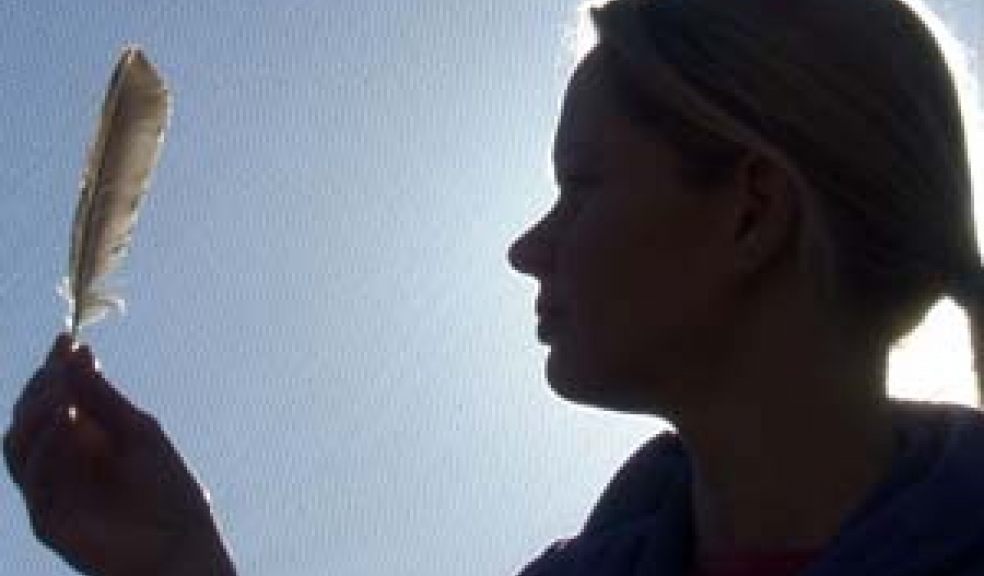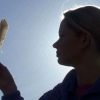
Doing a good tern at Living Coasts
How do you tell if a bird is male or female when they all look the same? The answer is – pluck a feather and send it to Cornwall.
Keepers at Living Coasts, Torquay’s coastal zoo and aquarium, are using high-tech DNA tests to sex some of the birds that hatched this summer.
Inca terns are the characterful black and white birds with red beaks and white moustaches that fly free under the vast 50,000 cubic metre net canopy at Living Coasts. Males and females look and behave the same, so it is impossible to tell just by looking at them.
Clare Rugg, Operations Manager at Living Coasts explained: “When, as with Inca terns, the males and females look the same, the species is described as being monomorphic. When they look different they are called dimorphic. You can only tell the sex of some birds through DNA testing.”
The feathers are sent to a company called Avian Biotech, based in Truro. The birds can tell perfectly well without DNA analysis, so why do we need to know? Clare: “It’s about managing the flock properly, having the right sex ratio and making sure the breeding mix is good, so that no birds become over-represented genetically.”
This test is quick, painless and accurate. The tricky bit is getting hold of the feather.
“You have to wait for an adult feather - normally these come through at about 7 weeks for Inca terns - and you have to pluck that feather directly from the bird so that you know for sure which one it has come from. We take three or four feathers from each bird, put them in a clear, sealed, labelled bag and send it away to Avian Bio-tech in Cornwall. This year we had to catch up 25 birds!”
The results for this year show split of 70% males to 30% females.
Clare: “DNA testing is useful when you are keeping a stud book for a species. It can be used to look at the relatedness of the birds – we are doing this with our colony of African penguins at the moment. A more in-depth analysis can help determine the exact family tree of an individual, but this costs more.
“We keep detailed records showing which pairs have had which chicks, but sometimes there can be illicit liaisons!” For more information go to www.livingcoasts.org.uk or ring 0844 474 3366.

















